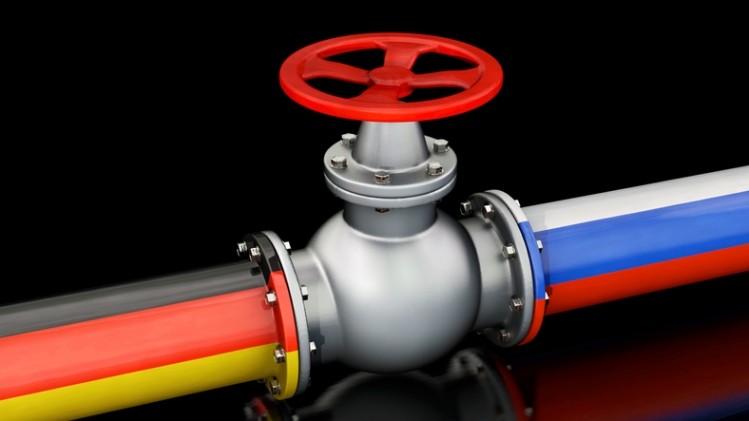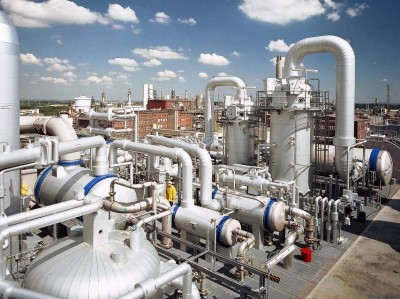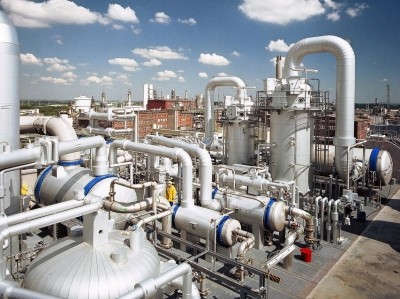BASF takes measures to mitigate risk from natural gas shortages

"We are reducing production at facilities that require large volumes of natural gas, such as ammonia plants," said BASF CEO Dr Martin Brudermüller during a media call following the release of the company’s financial results for Q2 2022.
The move could have cost implications next year for farmers in terms of a further hike in fertilizer prices.
Other production lines facing cutbacks due to gas shortages at the German chemical giant's operations are syngas, a mixture of carbon monoxide and hydrogen, and basic petrochemical acetylene, the CEO said.
"We are monitoring developments very closely, in particular at our largest site in Ludwigshafen, where we use considerable amounts of gas," he told a conference call yesterday, with the CEO confirming that the gas bill for its European production sites during Q2 2022 rose by €8m when set against its outgoings for the same period in 2021.
Cutbacks
Russia started reducing gas supplies via the Nord Stream pipeline this week – the largest Russian gas link to Europe - to about 20% of capacity, while EU member states have now agreed to reductions to natural-gas use, calling for countries to voluntarily cut their gas use by 15% from August.
According to a piece in the Guardian, before the start of Russia’s war in Ukraine, just over half (55%) of gas consumed in Germany was imported from Russia. Since Russia invaded Ukraine at the end of February, the German government has scrambled to source gas from elsewhere, for example by buying more natural gas from Norway or the Netherlands, or by expanding its infrastructure for importing liquefied natural gas (LNG) from the US and Qatar.
Substitution
Where possible, BASF said it will substitute natural gas for alternative energy sources such as fuel oil while increasing ammonia purchases from external suppliers.
Should the German government implement the third stage of its response plan to natural gas shortages, the CEO outlined how BASF would still receive sufficient natural gas to maintain operations at the Ludwigshafen site at a reduced load.
Under the emergency plan, all participants in the German market are obliged to take coordinated action to avoid gaps in supply and to achieve the target storage level of 85% by October 1, 2022.








